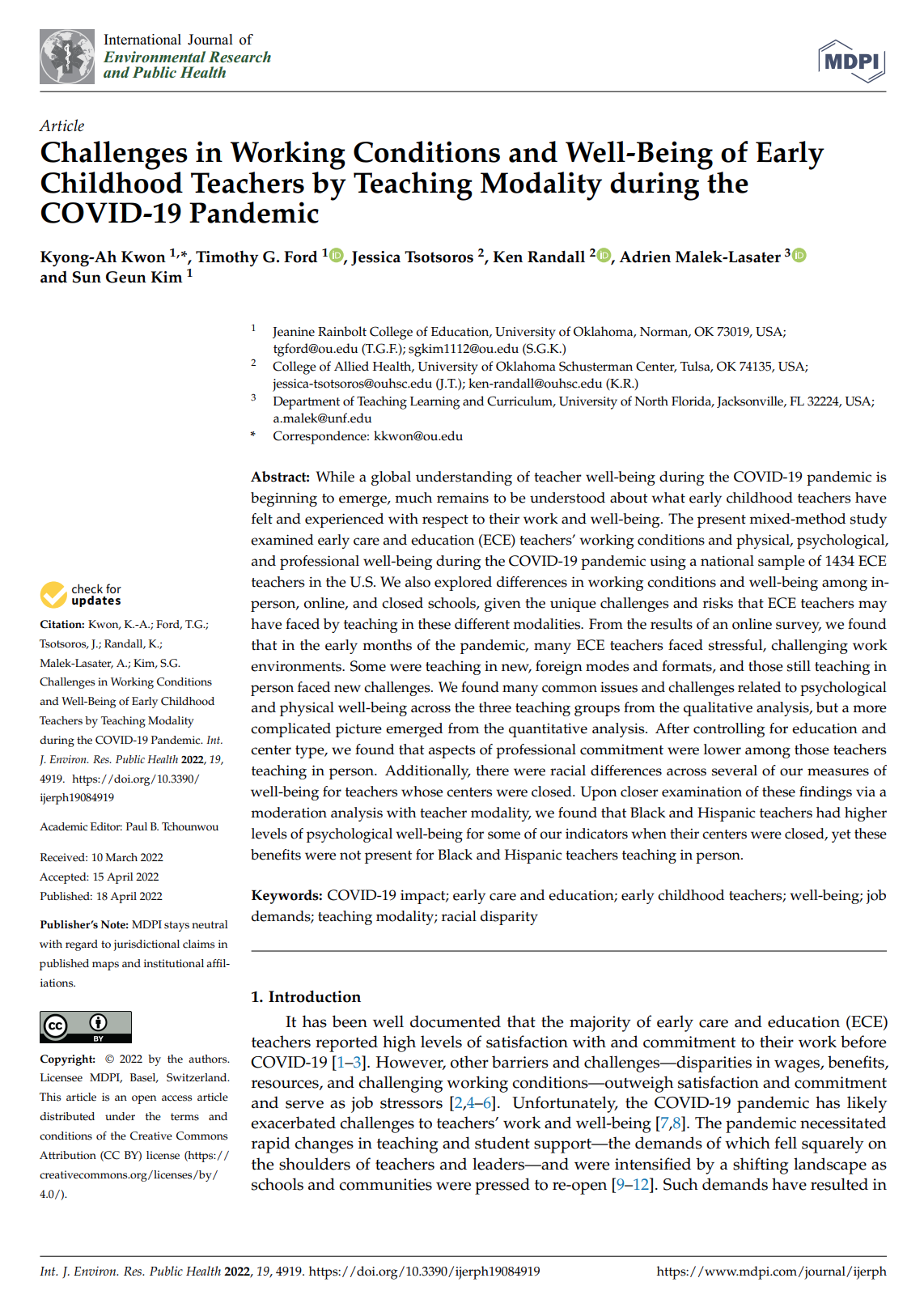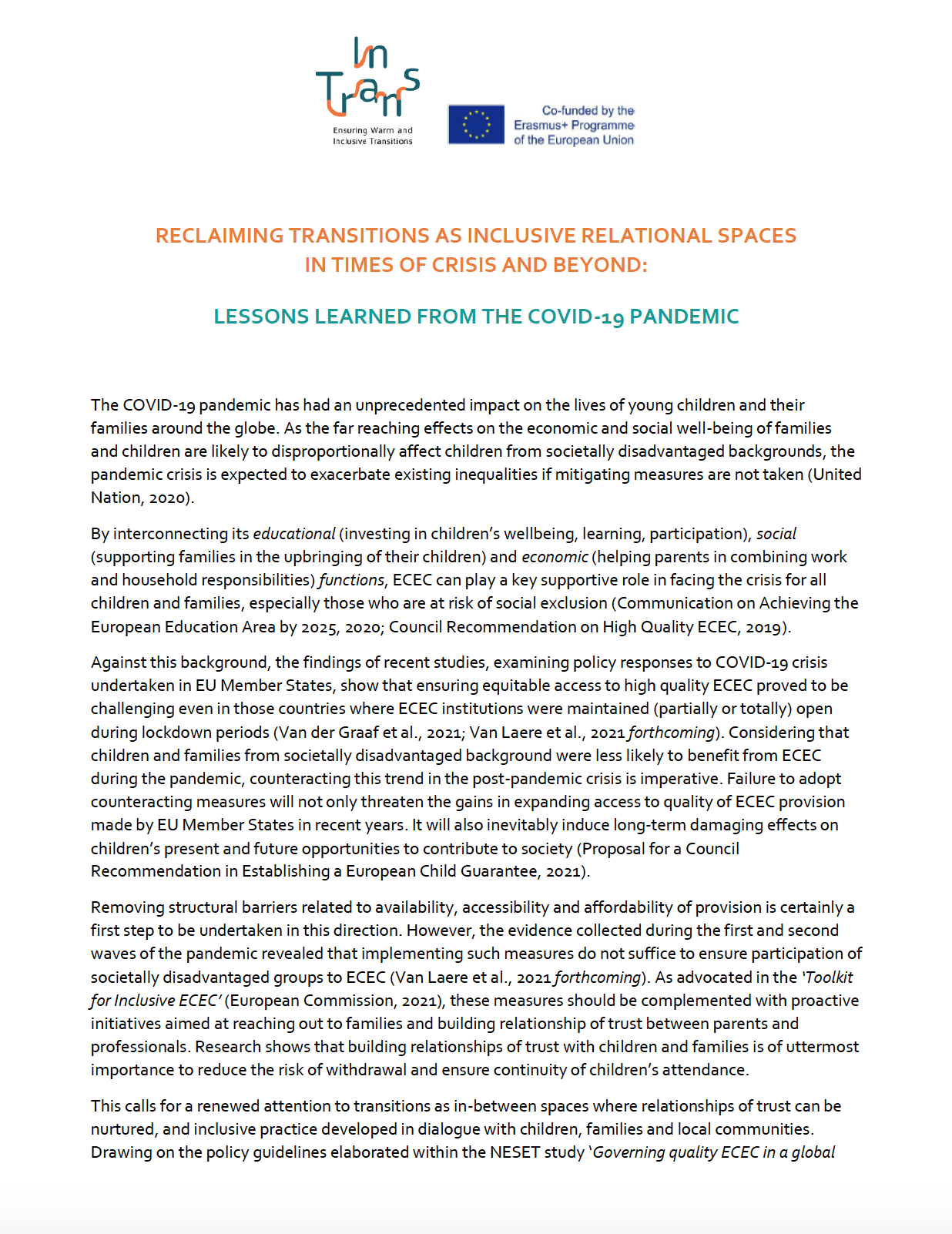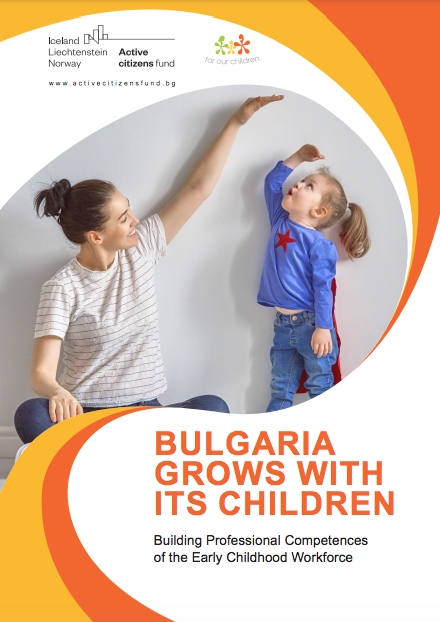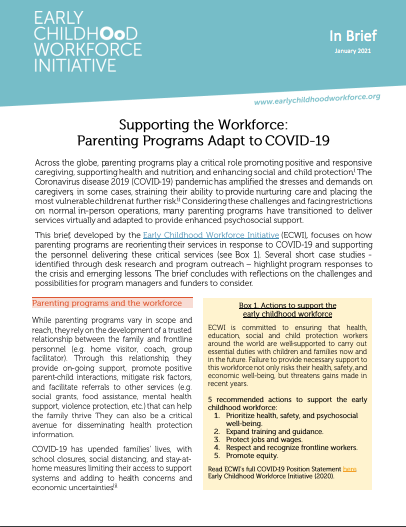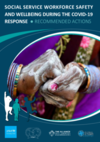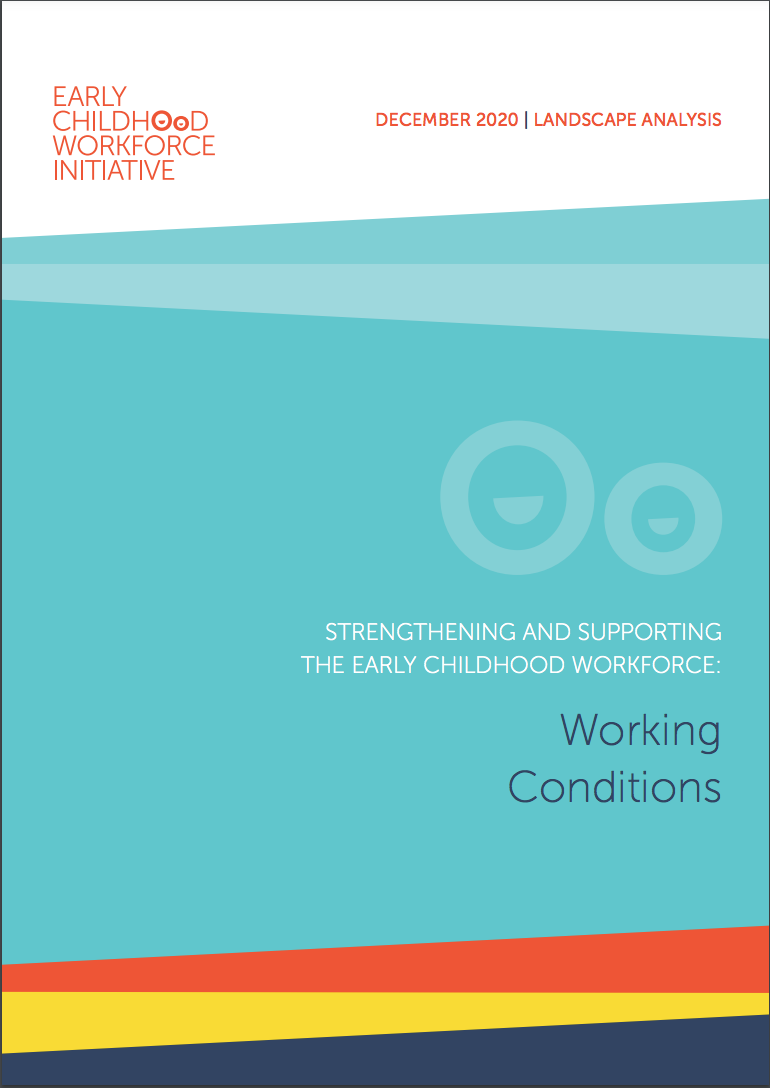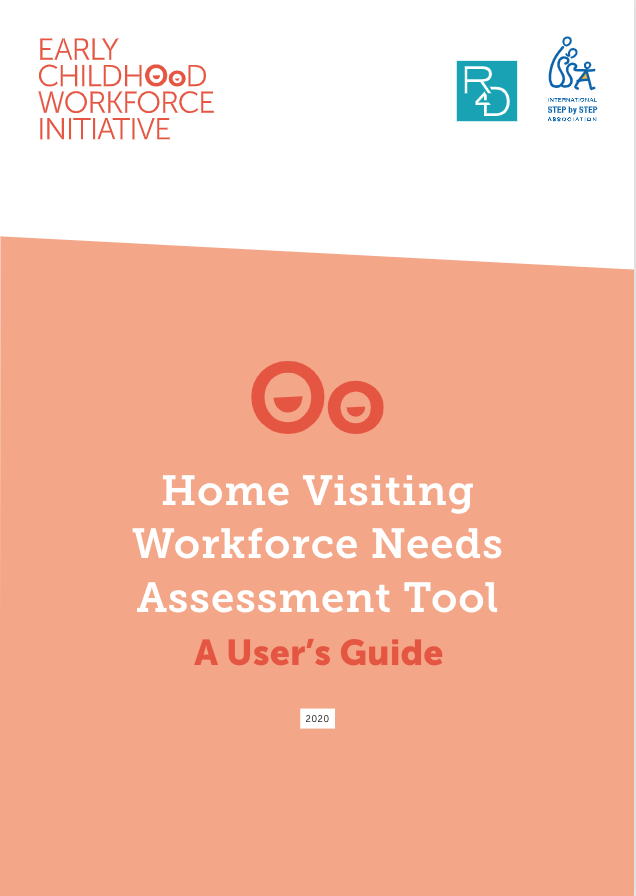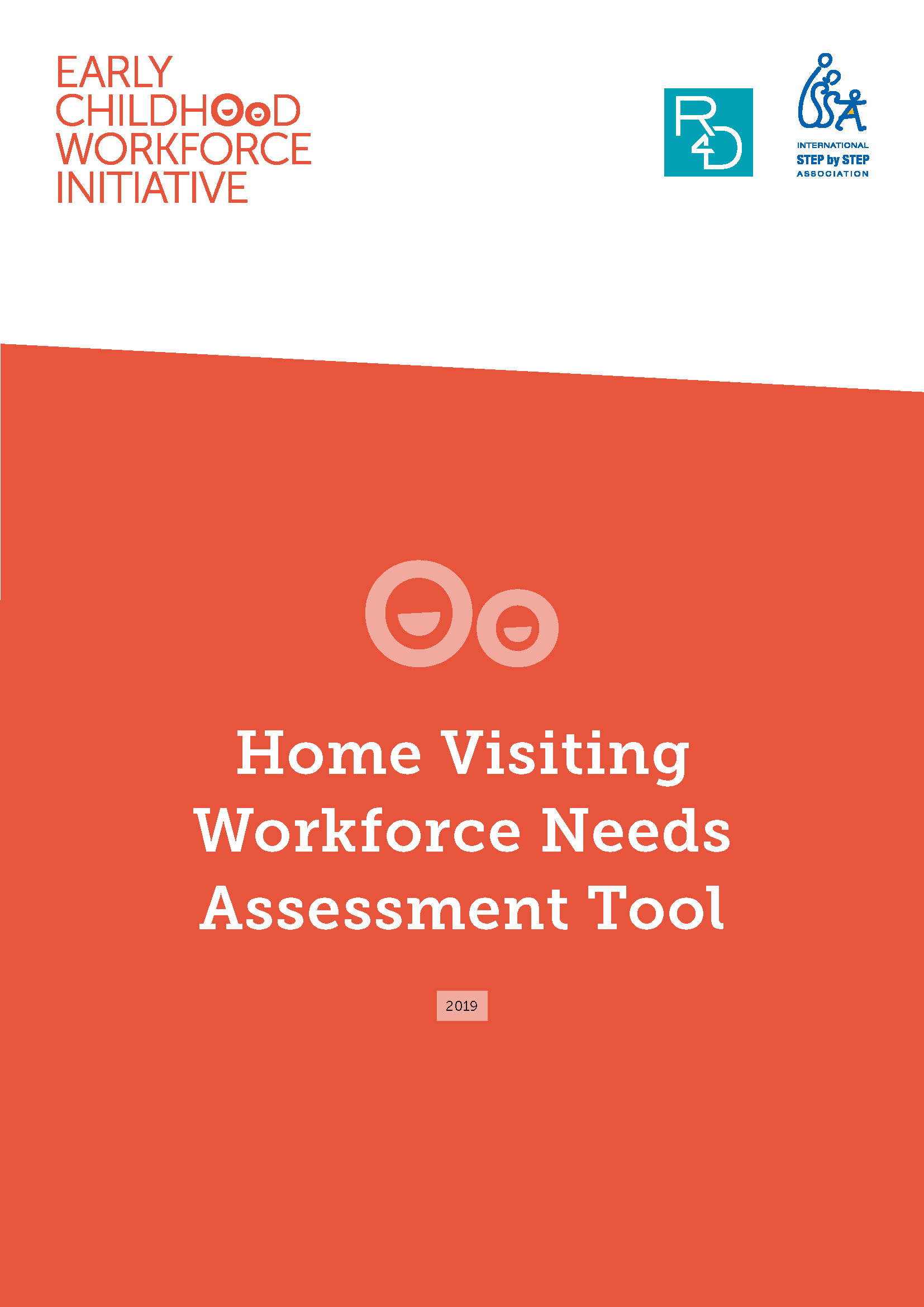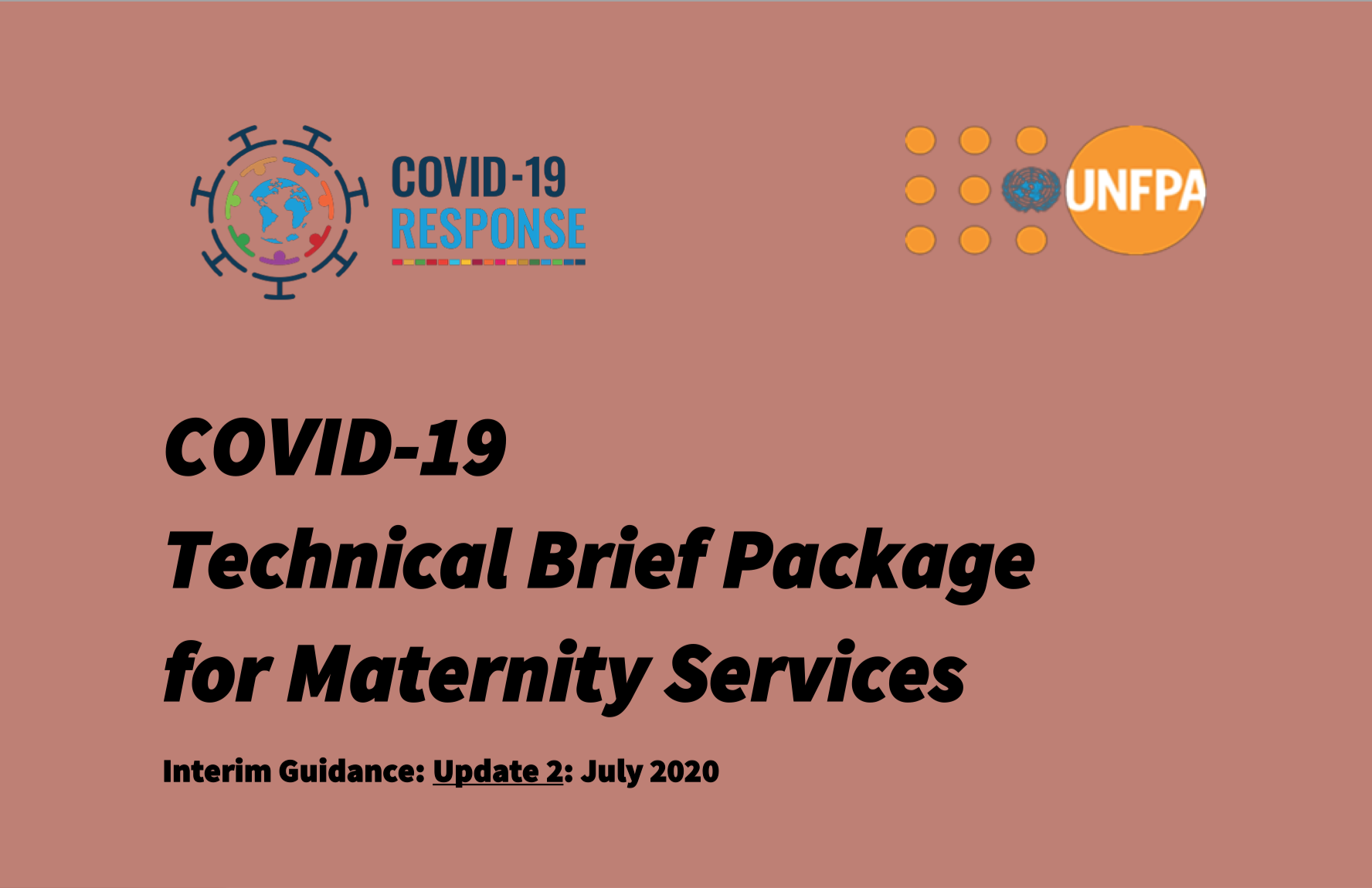An Ecological Perspective on Early Educator Well-Being at the Start of the COVID-19 Pandemic
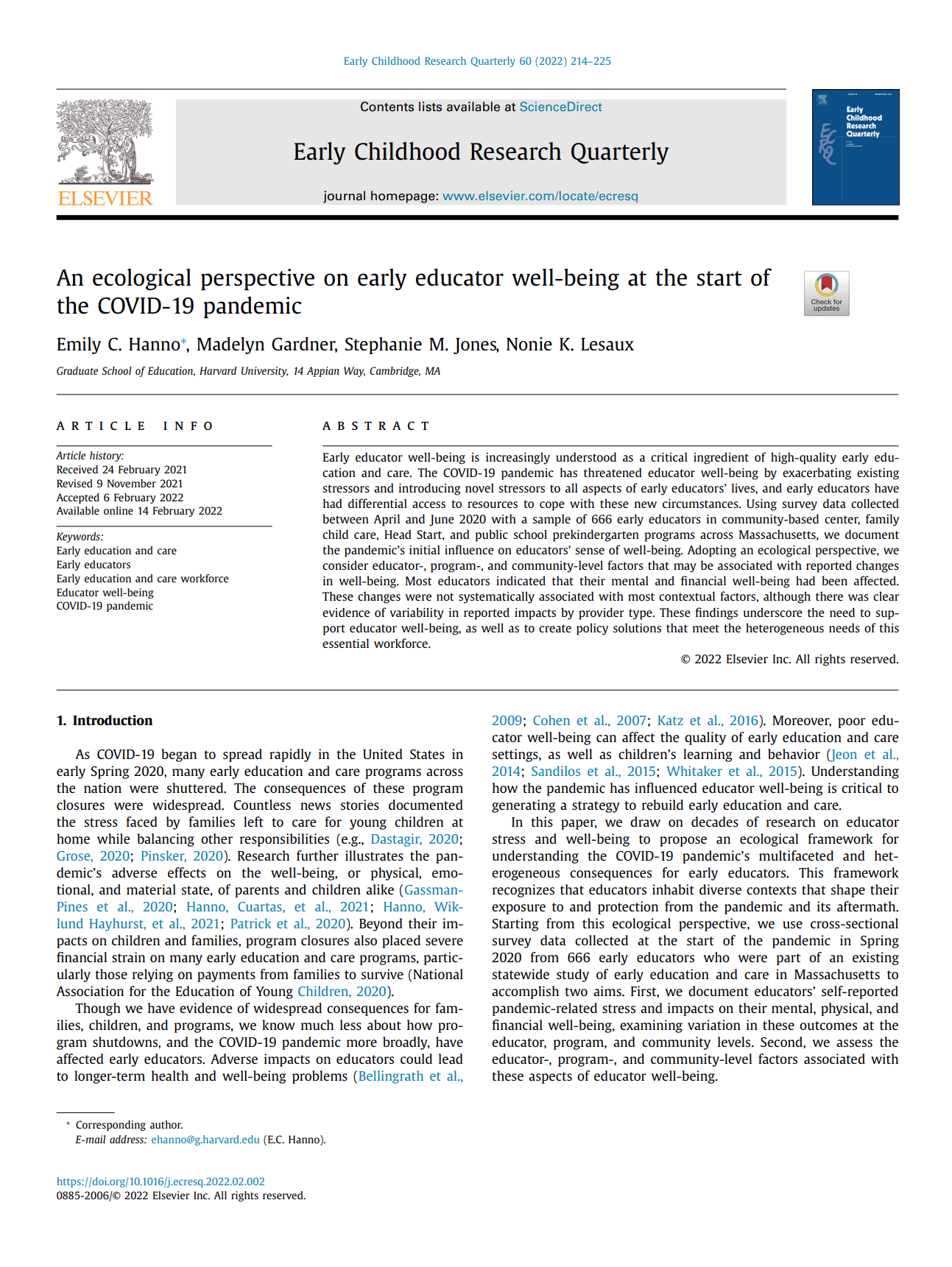
Early educator well-being is increasingly understood as a critical ingredient of high-quality early education and care. The COVID-19 pandemic has threatened educator well-being by exacerbating existing stressors and introducing novel stressors to all aspects of early educators’ lives, and early educators have had differential access to resources to cope with these new circumstances. Using survey data collected between April and June 2020 with a sample of 666 early educators in community-based center, family child care, Head Start, and public school prekindergarten programs across Massachusetts, we document the pandemic's initial influence on educators’ sense of well-being. Adopting an ecological perspective, we consider educator-, program-, and community-level factors that may be associated with reported changes in well-being. Most educators indicated that their mental and financial well-being had been affected. These changes were not systematically associated with most contextual factors, although there was clear evidence of variability in reported impacts by provider type. These findings underscore the need to support educator well-being, as well as to create policy solutions that meet the heterogeneous needs of this essential workforce.
Keywords: Early education and care, Early educators, Early education and care workforce, Educator well-being, COVID-19 pandemic
Authors: Year of Publication:2022

